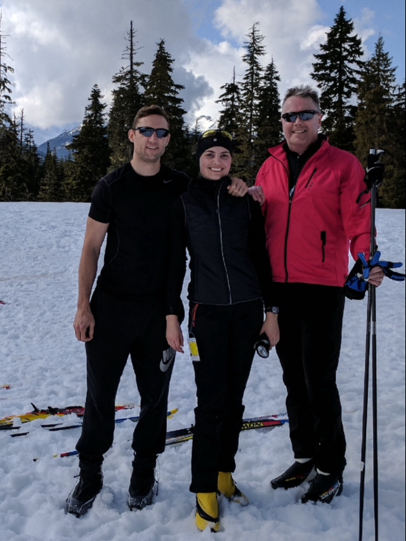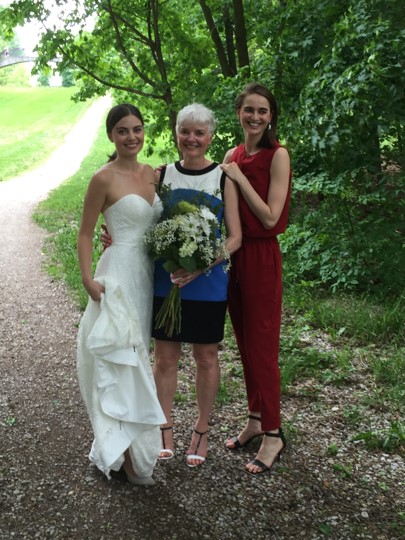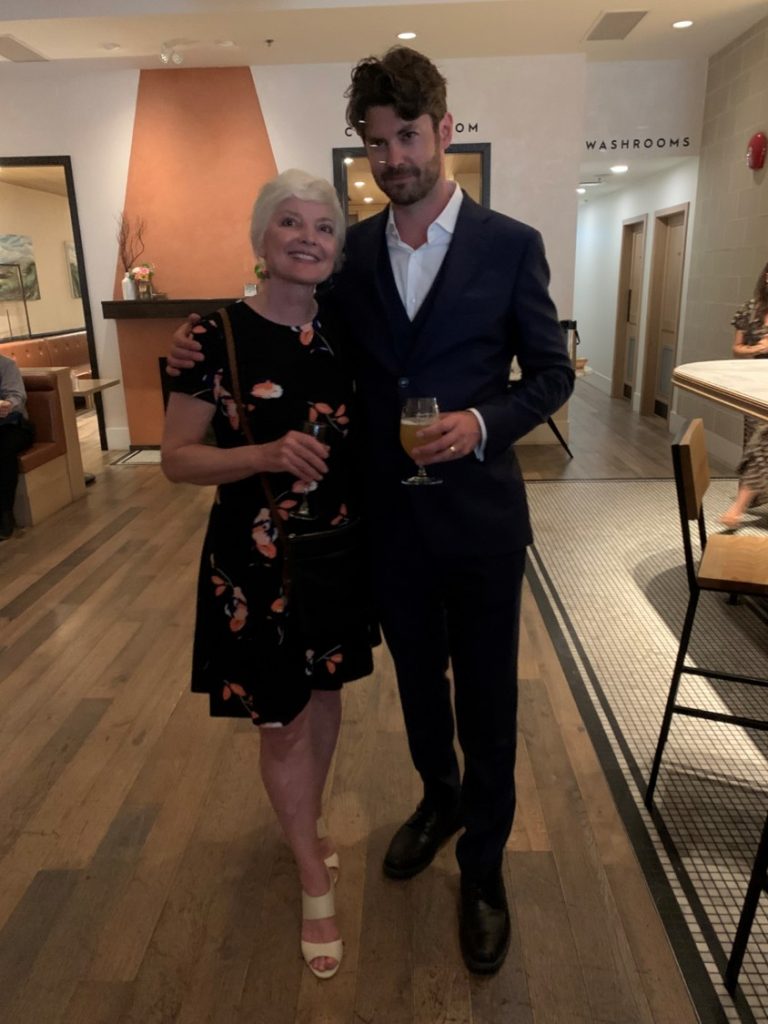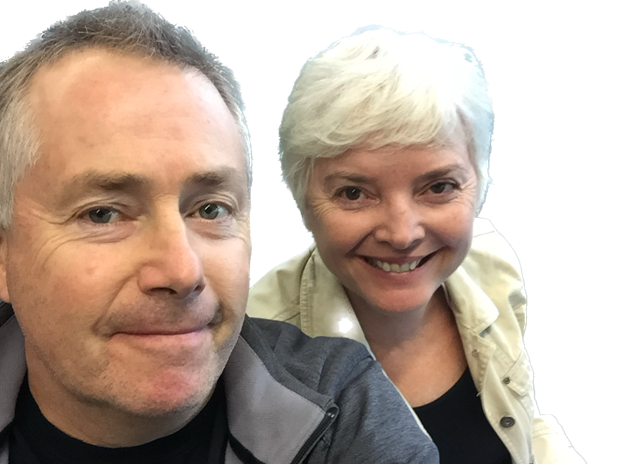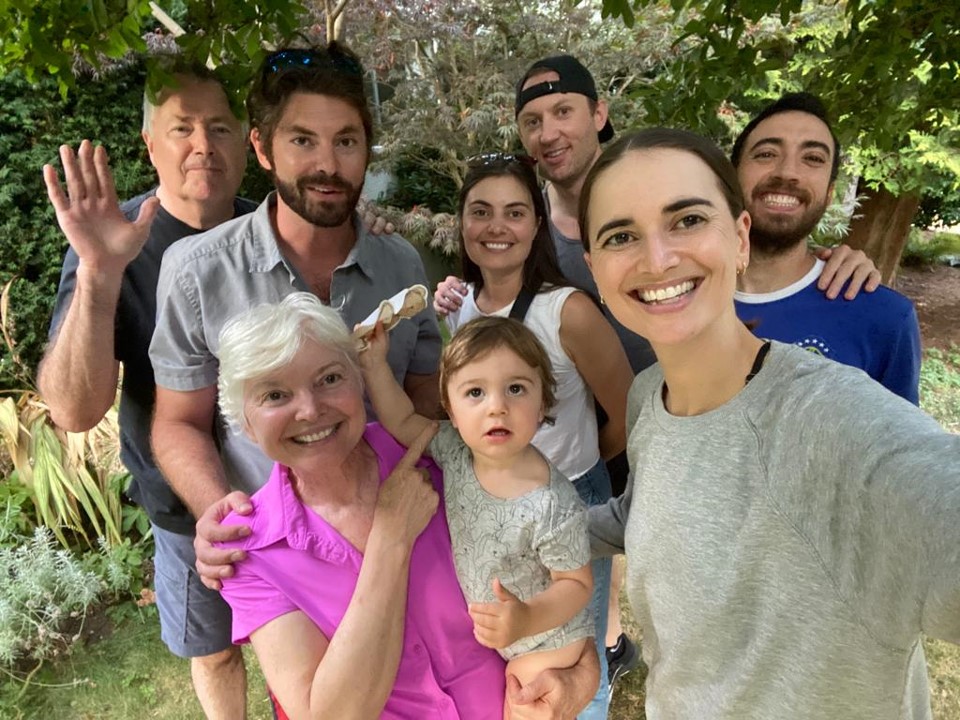With the June 2023 UBC Department of Emergency Medicine (DEM) Faculty Spotlight, we highlight our Interim Co-Head, Dr. John Tallon. As his term will end when a new Department Head is named in late 2023, this special edition shines a spotlight on his journey to emergency medicine. Thank you to Dr. Tallon for his contributions as co-head of the Department since 2021, and for his commitment to emergency medicine!
John Tallon, Co-Head (Interim) and Clinical Professor with UBC’s Department of Emergency Medicine.
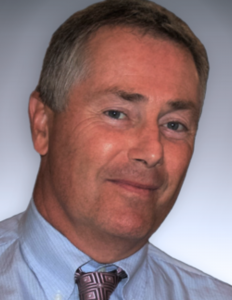
Can you share a little bit about your educational background and journey, and how you got to where you are today?
My spouse Kathy and I have lived in BC since 2011, but our journey here has involved four provinces and two countries over 40 years. I was born in Boston, Massachusetts, where my father was doing his orthopedic residency at Massachusetts General Hospital and my mother was a very hardworking nurse who also raised six children. Our family eventually left Boston and settled in Kitchener-Waterloo, Ontario.
My undergrad was at the University of Waterloo (history and English) and I completed medical school at the University of Toronto. I also did a Masters in Community Health and Epidemiology at Dalhousie University much later in my career, and eventually went back to the University of Waterloo to complete my undergraduate bachelor’s degree, which was extremely satisfying. My last undergraduate course at the University of Waterloo was Irish History, which is our family heritage background. My grandfather, who spoke Gaelic, English, French and Mohawk, did a lot of general surgery work on the St. Regis Mohawk (Akwesasne) Reservation during the 1920s and 1930s, and in 1973 received the Order of Canada for this work.
Later in my career, I took the administrative practice route to become a Certified Canadian Physician Executive (CCPE). I would strongly recommend becoming certified through the Canadian Society of Physician Leaders for physician leadership development.
After graduating from medical school, I started a residency in surgical pathology at Mount Sinai Hospital in Toronto. I was to continue in the General Pathology Residency Program in London, Ontario. While making the big family move to London, we suffered a tragic motor vehicle crash. Our 20-month old daughter was killed, our four-month old son was critically injured and my spouse was also injured.
After a long year of grieving, some recovery, and the lifelong effects of that tragedy, we left Ontario and started over in Calgary, Alberta. Two more beautiful daughters were born, and our son made a wonderful recovery from his major injuries during our time in Calgary.
What inspired you to work in emergency medicine?
I applied to the Royal College Emergency Medicine program and accepted a position in Calgary. This was after a year of doing rural emergency medicine locums, seeing an amazing amount of acute pathology and wanting more training. I was compelled to enter emergency medicine directly by the death of our daughter. I also had exceptional support and mentorship from family, colleagues, and friends to make the switch from pathology to emergency medicine and to make the transition from Ontario to Alberta.
What are you most proud of?
I developed an intense interest and passion in trauma care, trauma systems and injury control and prevention. I eventually became President of the Trauma Association of Canada (and I encourage all emergency physicians and nurses to join!). I think that injury control and prevention is hugely important, and I am proud of being involved in injury control throughout my career.
But I am most proud of my family and particularly my spouse. We have been through much together and we are more madly in love than ever.
What impact would you like to see your work have on patients, communities, and society at large?
Improving the Emergency Department patient care experience, and defining and improving the entire emergency medicine care mandate in this country. A few critical challenges include staff retention, violence in the ED, unacceptable waiting times for admitted patients or primary ED patients, optimization of comprehensive, timely and available primary care, addressing the opiate public health crisis and solving ED crowding.
What excites you most about your work?
Our jobs as emergency physicians are important; we see people when they are the most vulnerable, most isolated and lonely, and the most ill. Having been that patient in the ED many times, I am fully aware of how the smallest parts of the interactions with the healthcare providers and staff are hugely important and have lasting effects and memories.
I have also had the extraordinary experience of working administratively with Dr. Roy Purssell and the UBC DEM team over the last two and a half years. It has been a great learning experience with a very supportive and skilled team. As well, the adoption and implementation of principles and practices of equity, diversity and inclusion/belonging has been one of the most positive transformative changes I have seen in the practice of medicine in my career.
What is one piece of advice that you would give to current trainees?
Emergency medicine, indeed much of medicine, is a potentially moveable feast (to quote from the title of a Hemingway book). Although it can be tempting to join one ED group in one hospital or health authority and spend your entire career there, I would encourage you to try working in other places, other health authorities, other provinces and even countries. The experience is fantastic, with licensing becoming easier than it was in the past, and you will grow and experience new challenges, as will your family.
Finally (and I appreciate that it was one piece of advice, but nevertheless…) I would like all emergency medicine practitioners to stop (forever) using the term “ERP” to somehow refer to their own professional designation. There is no such term, no certification, no such training program anywhere in the world. There I have said it; I feel better.
Emergency medicine is also a team predicated paradigm, and I would encourage all emergency physicians to augment their team interaction and communication skills while pursuing medical leadership positions and becoming involved in administrative, research or educational opportunities.
When you’re not working, where can we find you?
With my two-year-old grandson who is a constant source of fascination, fun and love! Otherwise, given the right season and conditions, we could be found Nordic skate skiing on the dog-friendly trails of the Callaghan Valley.
